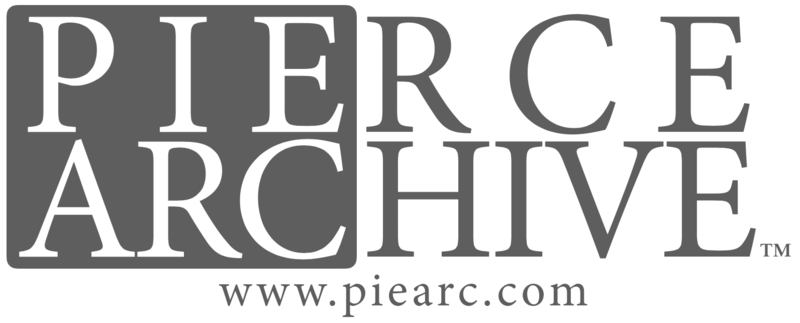
Rationing Means A Fair Share
A home front propaganda poster to tell people how to help soldiers at the front by limiting their food purchases. Ask anyone who lived through the war on the U.S. “home front” about World War II and the conversation will quickly turn to rationing. America has always been — and thought of itself as — a land of abundance. Even in the depths of the Depression, there was enough to eat, if only you could afford to buy it. But as soon as the U.S. entered the war in the winter of 1941–42, shortages began. By 1943, it had become every citizen’s duty to cut back on meat, sugar, coffee, canned foods, fuel, shoes, and consumer goods — so “they’ll have enough.”
